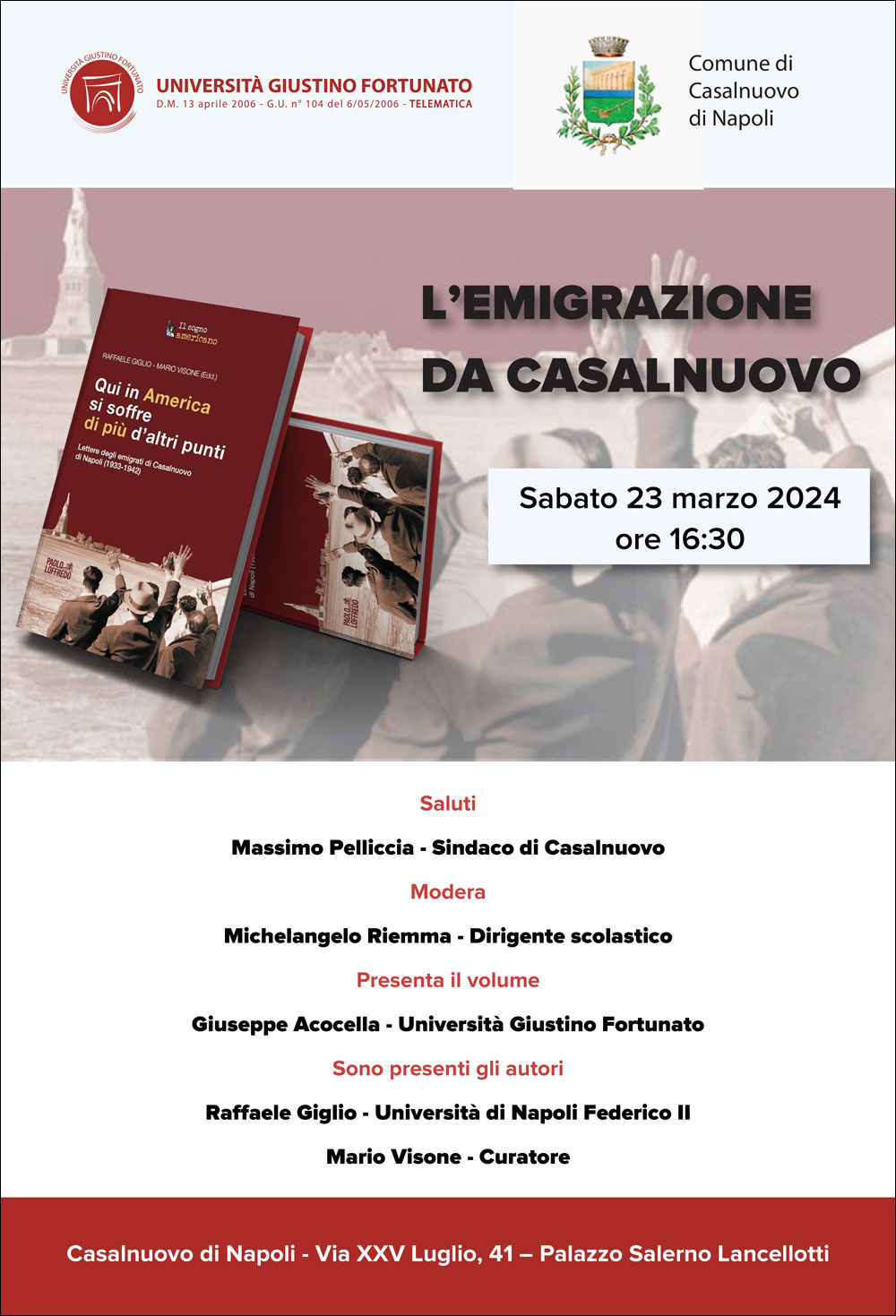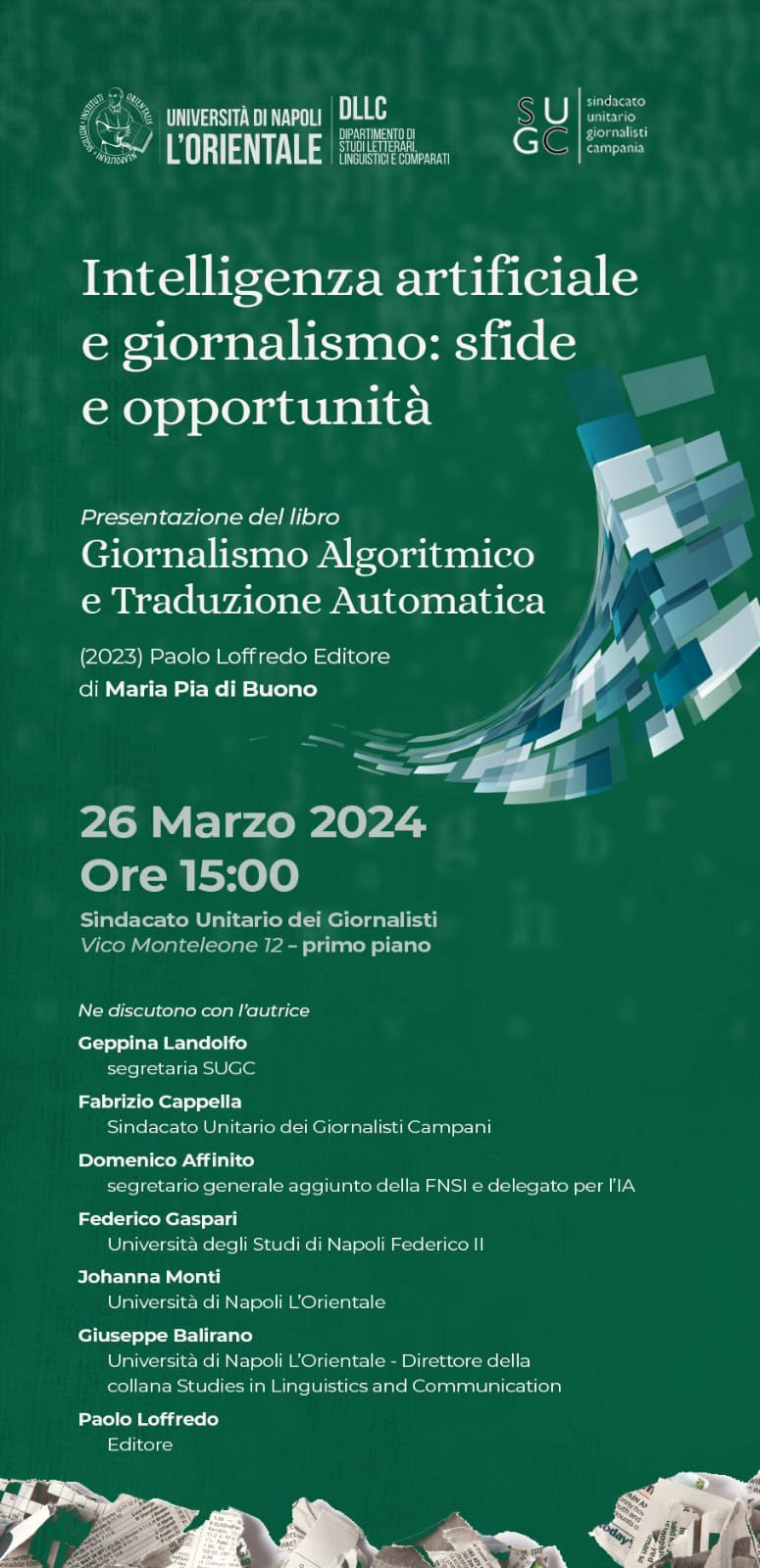 Paolo Loffredo, sixth generation of a large family of publishers and booksellers engaged in the production and distribution of books since the late nineteenth century, creates in 2012 the new editorial company Paolo Loffredo Editore. The historical site was until the '80s in the heart of the historic centre of Naples in Via San Biagio dei Librai, lower Decumano and also known as the SpaccaNapoli.
Paolo Loffredo, sixth generation of a large family of publishers and booksellers engaged in the production and distribution of books since the late nineteenth century, creates in 2012 the new editorial company Paolo Loffredo Editore. The historical site was until the '80s in the heart of the historic centre of Naples in Via San Biagio dei Librai, lower Decumano and also known as the SpaccaNapoli.
At the beginning of the twentieth century, Giuseppe Loffredo decided to add book selling to the book production, which definitively imposed itself after World War II with the publication of manuals for the University and for the School that succeeded in establishing themselves soon throughout Italy.
LAST EVENT
"L'emigrazione da Casalnuovo"
23 Marzo 2024 - Palazzo Salerno Lancellotti Ateneo, via XXV Luglio, 41 - Casalnuovo (NA) - ore 16,30

--------------------------------------------------------------------
"Intelligenza artificiale e giornalismo: sfide e opportunità"
26 Marzo 2024 - Sindacato Unitario dei Giornalisti - vico Monteleone, 12 - primo Piano - Napoli - ore 15,00

Il “prologus” delle “Mythologiae” di Fulgenzio
ISSN: 2611-1411
Language: Latin, Italian
Publisher: Paolo Loffredo Iniziative Editoriali Srl

Description
Il “prologus” delle “Mythologiae” di Fulgenzio
The Mythologiae of Fulgenzio can still be consulted on a critical text only in the Teubner edition edited by Rudolf Helm in 1898; the Latin text was neglected during the twentieth century and no Italian translation is available today. The prologus of the work, characterized by a complex prosimetric structure and a Latin lambiccato and mysteriously philosophical, is an autonomous and problematic sub-text, which launches an open challenge to the reader: if he wants to access the content of philosophical explanation of the pagan myths offered from the Mythologiae he will have to decipher the proposed code in the prefatory text. The author stages a dense allegorical dialogue that sees Fulgenzio himself and Calliope as protagonists; finally, because there is no lack of adequate support for the intellectual enterprise that is being carried out, Satire, Urania and Philosophy are also called into question.



